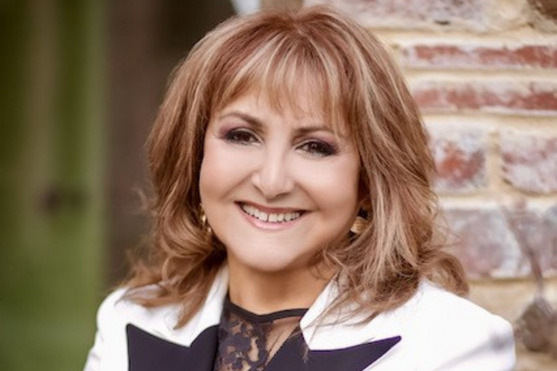
It’s International Women’s Day today.
It’s accompanied by hoopla, clever hashtags and clinking of champagne glasses at events around the country.
Don’t get me wrong.
It’s great to celebrate and benchmark just how far we’ve come but there’s still so much to do.
Women 55+ are the biggest growing cohort of homeless, women are still paid less than men, they still do the bulk of the child wrangling and then there’s the so-called sandwich generation, juggling their kids and their parents.
Through my work leading Emerge Australia, the peak patient advocacy group for people living with myalgic encephalomyelitis/chronic fatigue syndrome (ME/CFS), I’ve discovered a new cohort of “invisible” women doing it tough.
There are an estimated 250,000 Australians living with ME/CFS and 75 per cent of them are women.
Myalgic encephalomyelitis (ME/CFS) is a complex and disabling neurological disease, affecting many parts of the body, including the brain and muscles, digestive, immune, and cardiac systems.
It’s one of those “invisible illnesses” where people are often told to get over it and get on with it. A quarter of people living with ME/CFS are so severely impacted that they are housebound or bedbound.
Only about one in 10 people make what could be called a full recovery.
There has been so little research about ME/CFS that we still don’t know its cause, have a biomarker or proven treatments.
It takes a long time to diagnose women with ME/CFS and sometimes their symptoms are downplayed, and women are treated as malingerers. They face social and financial hurdles.
But the worst might still be to come. There are strong overlaps between ME/CFS and Long COVID.
Modelling suggests hundreds of thousands of people will battle Long COVID. Some won’t get better.
The only upside of Long COVID is that it has allowed us to shine a light on ME/CFS and the impact of post infection disease more broadly. Demand for our services has increased significantly, due to Long COVID, media interest and other awareness-raising efforts around post exertion malaise.
Post-infection disease is finally being recognised for the debilitating effect it has on people’s lives.
This International Women’s Day we’re calling on governments and research institutions to do more.
Our submission to the Federal Budget has asked for a systemic approach to the management of post-infection disease.
We’re looking for money to further our partnership with key stakeholders including La Trobe University where we are seeking an expansion of the ME/CFS biobank to research links with Long COVID.
We need better education for Australia’s healthcare practitioners to provide appropriate, evidence-based, and timely diagnosis and management of people with ME/CFS and long COVID.
We need a national multidisciplinary telehealth team of allied health professionals to coordinate patient care and provide support for health system navigation.
We also need, in consultation with the National Health and Medical Research Council and other stakeholders, to update Australia’s outdated clinical guidelines to reflect internationally agreed safe and best practice diagnosis, treatment and management for people with ME/CFS.
On IWD please embrace your ME/CFS and Long COVID sisters. But not too hard. They ache all over and are exhausted.
Anne Wilson is chief executive office of national patient advocacy group Emerge Australia